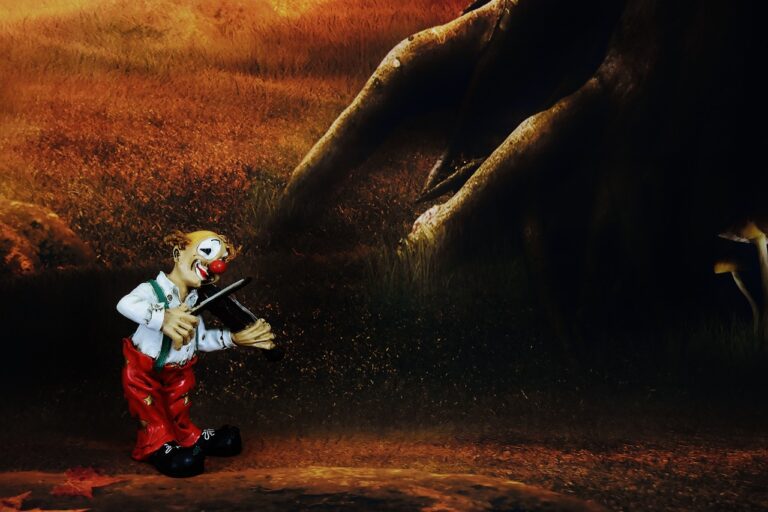Puppet Shows and Space Colonization: Planetary Settlements with Puppet Pioneers
world777 id, 11xplay, 247 betbook: Puppet Shows and Space Colonization: Planetary Settlements with Puppet Pioneers
Imagine a future where humans have successfully colonized other planets in our solar system. These planetary settlements are inhabited by pioneering individuals who have ventured into the unknown in search of new opportunities and challenges. But what if I told you that these pioneers are not humans at all, but rather puppets?
In a groundbreaking new approach to space colonization, puppet shows are being used to educate and engage audiences on the possibilities of living and working on other planets. By using puppets as the pioneers of these planetary settlements, researchers and educators are able to make complex scientific concepts more accessible and entertaining to people of all ages.
The use of puppets in space-themed shows allows for a creative and interactive way to explore the challenges and triumphs of life in outer space. Audiences can follow along as these puppet pioneers navigate their way through harsh environments, solve problems, and ultimately succeed in establishing thriving communities on distant planets.
Through the magic of puppetry, audiences can learn about important topics such as the science of space travel, the challenges of living in microgravity, and the potential benefits of colonizing other planets. By combining entertainment with education, puppet shows are able to spark curiosity and inspire a new generation of space enthusiasts.
But why puppets, you may ask? Puppets have a unique ability to engage audiences in a way that traditional teaching methods cannot. Their expressive faces, colorful costumes, and playful personalities make them instantly relatable and endearing. By using puppets as the protagonists of these space colonization stories, educators are able to capture the imaginations of viewers and create a memorable learning experience.
Furthermore, puppet shows can be tailored to different age groups and educational levels, making them a versatile tool for teaching a wide range of scientific concepts. Whether used in schools, museums, or community events, puppet shows have the power to ignite a passion for space exploration in people of all backgrounds.
FAQs:
Q: How can I incorporate puppet shows into my space education curriculum?
A: Consider partnering with local puppetry groups or educators to create custom shows that align with your curriculum goals. You can also explore online resources for ready-made puppet show scripts and resources.
Q: Are puppet shows only for children?
A: While puppet shows are often associated with children’s entertainment, they can be enjoyed by audiences of all ages. By adapting the content and themes of the show, puppetry can appeal to a wide range of viewers.
Q: How can I introduce puppet shows to my community?
A: Host a puppet show event at your local library, school, or community center. Reach out to puppetry groups in your area for collaboration opportunities and support in organizing the event.
In conclusion, puppet shows offer a fun and engaging way to explore the possibilities of space colonization. By using puppets as the pioneers of planetary settlements, educators can inspire curiosity and enthusiasm for space exploration in audiences of all ages. So, sit back, relax, and let the puppet pioneers take you on a journey to the stars.







